Don’t utilize S-400s even if you buy them from Russia, US tells Turkey
American officials have reportedly asked their Turkish counterparts not to make use of sophisticated Russian-made S-400 anti-aircraft missile systems even if Ankara acquires them under a deal finalized late last year.
According to a report published by Turkey’s English-language Hurriyet Daily News newspaper on Thursday and citing diplomatic sources who demanded anonymity, American authorities enumerated three reasons for their opposition to the procurement during closed talks between Turkish Foreign Minister Mevlut Cavusoglu and US Secretary of State Mike Pompeo in Washington on June 4.
Firstly, the US-led North Atlantic Treaty Organization (NATO) has long been seeking to “isolate and deter” Russia, but Turkey’s plans to purchase S-400 missile systems ran contrary to such ambitions.
It is also against the Countering America’s Adversaries Through Sanctions Act (CAATSA), which US President Donald Trump signed into law on August 2, 2017. The law, among other things, imposes sanctions on countries and companies who engage in contracts to purchase weaponry from Russia, the Islamic Republic of Iran and North Korea.
Secondly, there are concerns that the deployment of S-400 systems would endanger the flights of NATO military aircraft, particularly F-35 single-engine stealth fighter jets that Turkey wants to get from the United States.
Thirdly, Americans have trade concerns over the sale of US-made Patriot air systems to Turkey and other NATO allies.
Turkish diplomatic sources said US officials had hinted that “Turkey should not use the S-400s even if it does buy them from Russia,” following Ankara’s firm stance on the purchase of the systems.
On April 3, Turkey’s President Recep Tayyip Erdogan and his Russian counterpart Vladimir Putin said in the Turkish capital Ankara that they had agreed to expedite the delivery of S-400 missile systems. The delivery is expected to start between late 2019 and early 2020.
Hurriyet Daily News newspaper reported on December 29 last year that the loan deal for four S-400 surface-to-air missile batteries had been signed in Ankara.
The developments came only two days after Sergey Viktorovich Chemezov, the Chief Executive Officer of Russian state corporation Rostec, told the Kommersant daily newspaper that Russia would supply Turkey with four batteries of S-400, worth $2.5 billion each, and Moscow was expected to begin the first deliveries in March 2020.
Chemezov added that Turkey would pay 45 percent of the cost of the agreement up front, while Russia would provide loans to cover the remaining 55 percent.
The S-400 system, whose full name is the Triumf Mobile Multiple Anti-Aircraft Missile System (AAMS), is an advanced Russian missile system designed to detect, track, and destroy planes, drones, or missiles as far as 402 kilometers away. It has previously been sold only to China and India.
Turkey is striving to boost its air defense, particularly after Washington decided in 2015 to withdraw its Patriot surface-to-air missile system from Turkey's border with Syria, a move that weakened Turkey’s air defense.
Before gravitating towards Russia, the Turkish military reportedly walked out of a $3.4 billion contract for a similar Chinese system. The withdrawal took place under purported pressure from Washington.
Ankara’s ties with its Western allies in NATO have been strained over a range of issues.
Erdogan has been critical of Washington for supporting Kurdish groups in Syria that he says are responsible for terror attacks inside Turkey.
The Turkish leader has also slammed American officials for rejecting his requests to hand over Fethullah Gulen, a powerful opposition figure living in the US.
Occupation of Syria’s highest peak Mount Hermon part of ‘Greater Israel’ project
Iran: Syrian people will decide their future without foreign interference
IRGC says Iran’s power exceeds borders, warns enemies to adjust themselves
Dozens detained, several wounded in Israeli raids in West Bank
‘Ethnic cleansing’: Hamas blasts Israeli attacks on Gaza hospital amid intl. silence
Saudi delegation meets HTS leader at presidential palace in Damascus
Relentless Israeli ceasefire violations justify need for self-defense: Lebanese MP
Tel Aviv tells Damascus Israeli forces will remain in occupied territory: Report











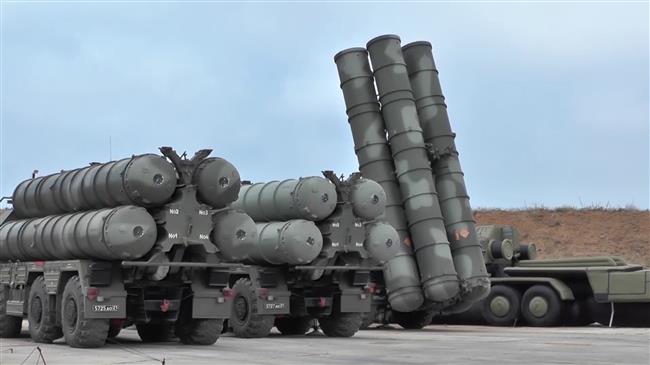

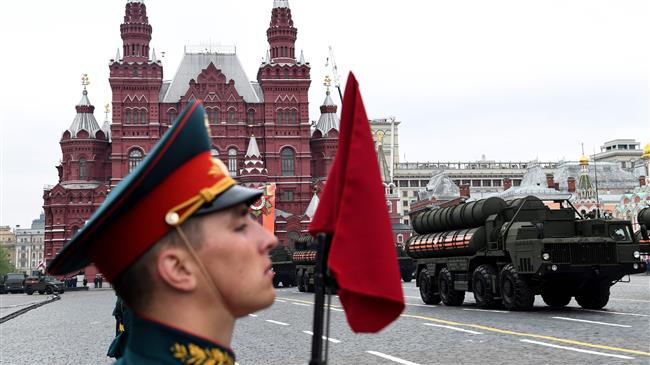
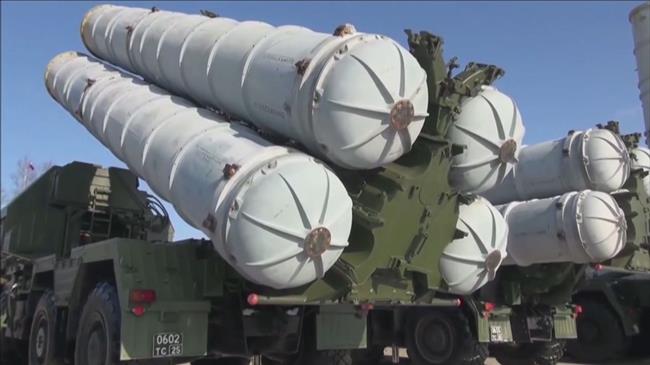
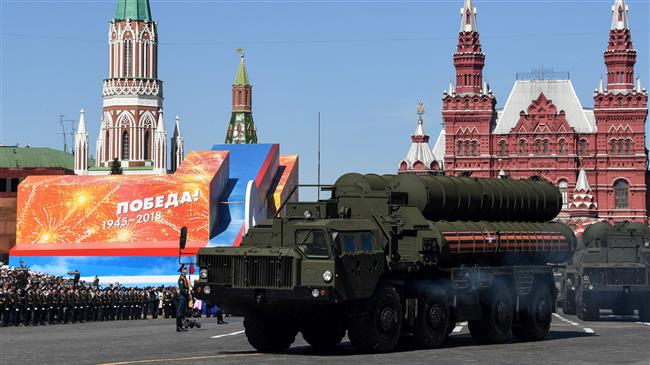
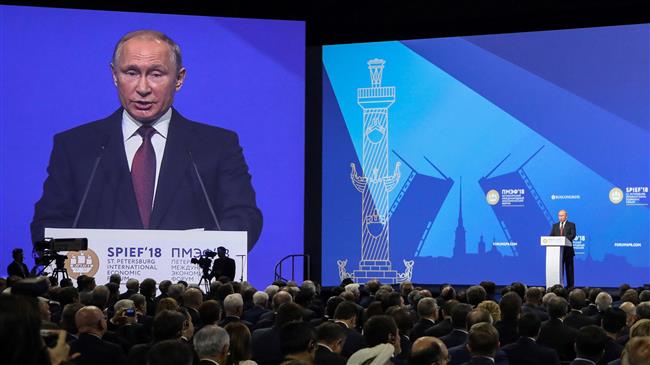

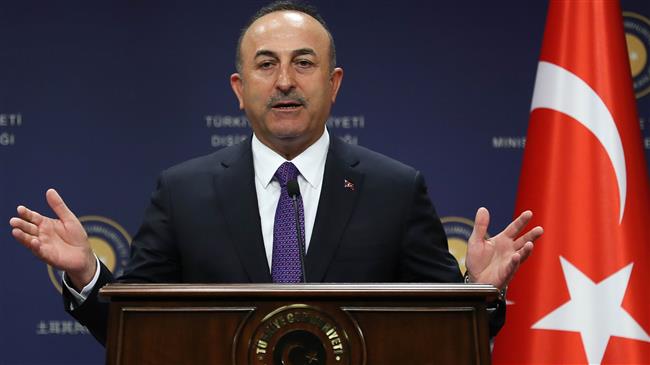

 This makes it easy to access the Press TV website
This makes it easy to access the Press TV website